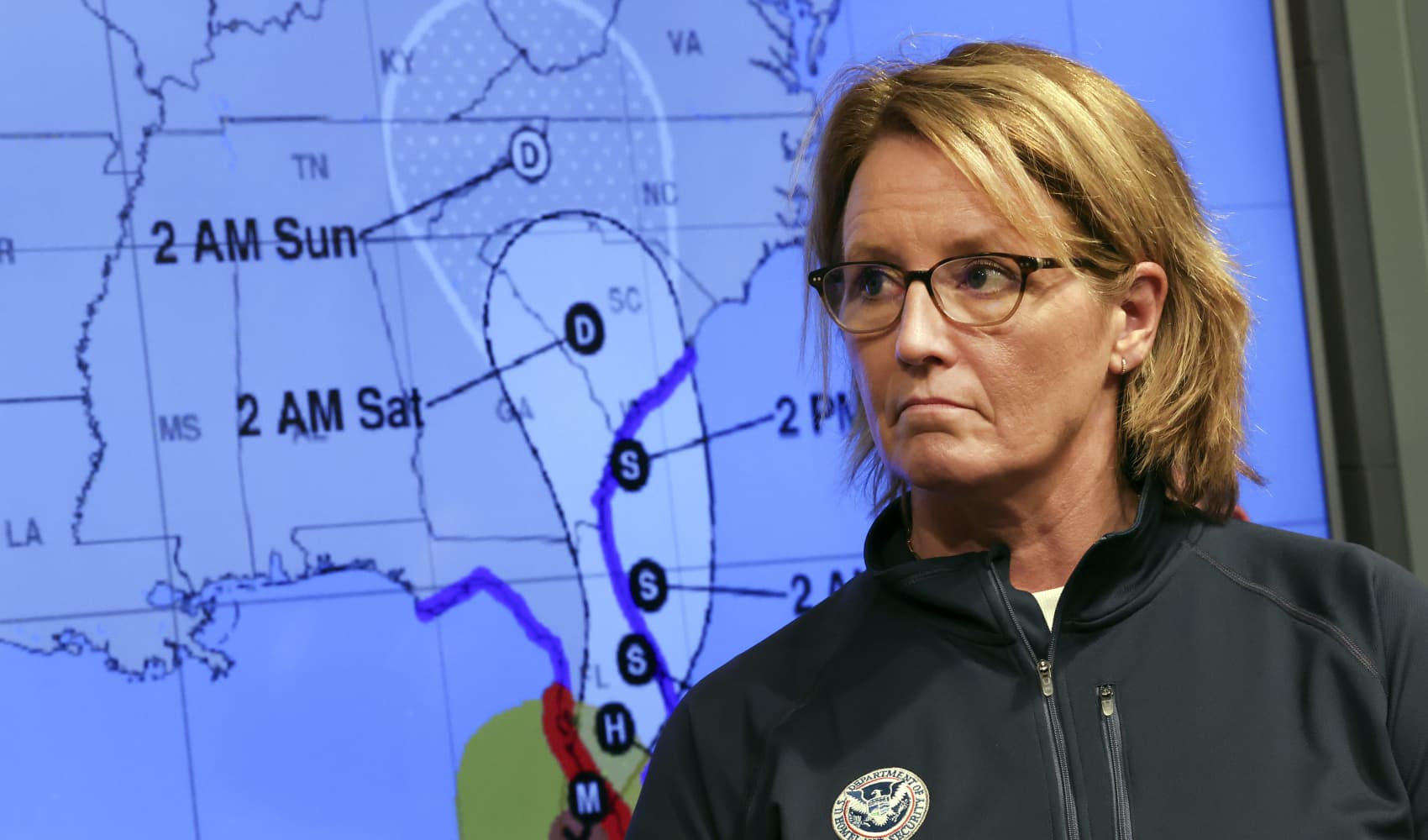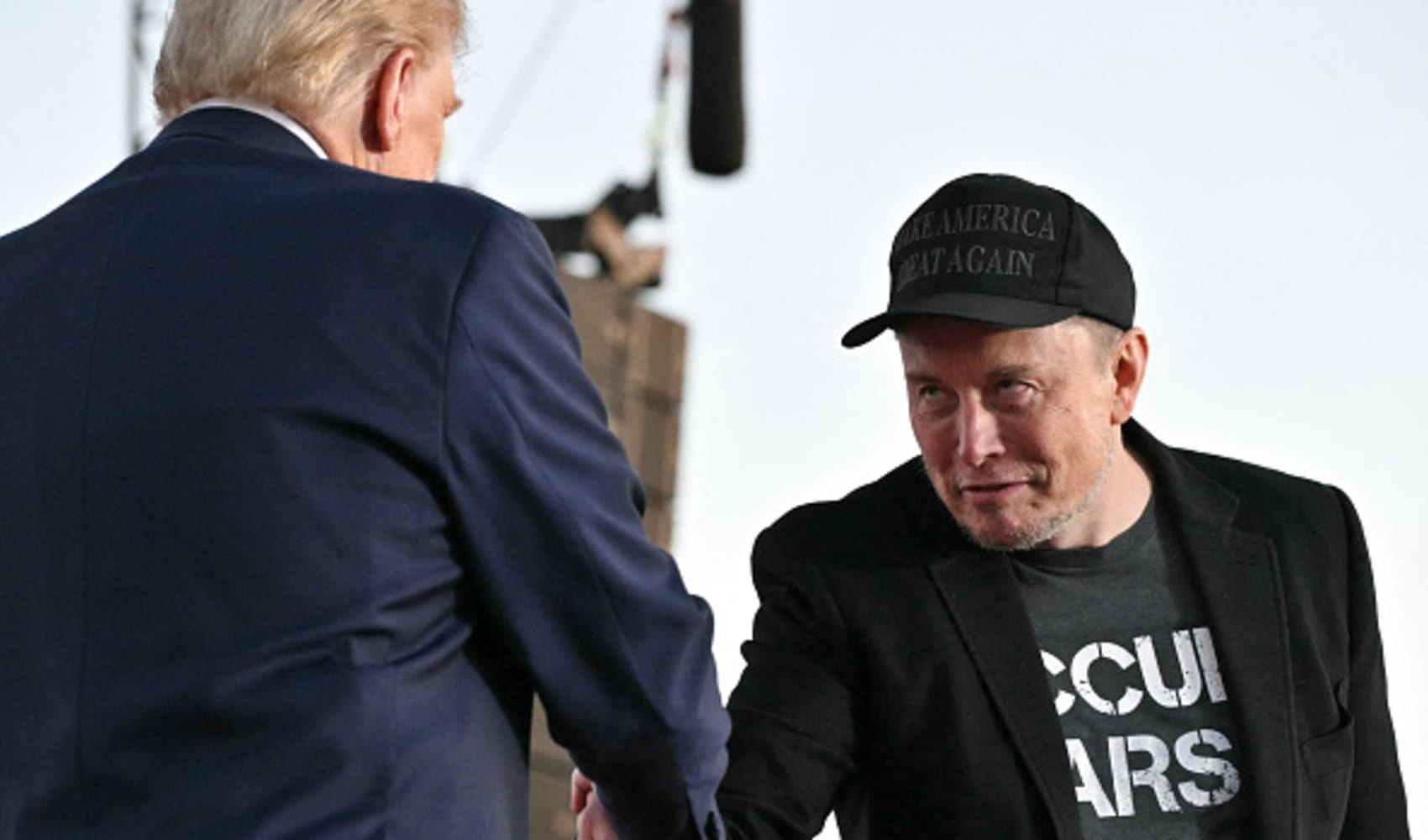
- Russia suggested on Tuesday that the arrest of Telegram CEO Pavel Durov could be viewed as restricting freedom of speech and an act of intimidation if France fails to provide evidence of his guilt.
- Durov was arrested in France on the weekend over an investigation opened on July 8 into organized crime, drug trafficking, fraud, and the distribution of pornographic images of minors on the platform.
- Russia stands ready to support Durov with all necessary assistance given his Russian citizenship, Kremlin spokesman Dmitry Peskov said.
Russia on Tuesday issued words of caution to France over its detainment of Pavel Durov, the founder and CEO of messaging app Telegram, suggesting the move may be politically motivated.
On Saturday, the Paris Public Prosecutor's Office issued a warrant for Durov's arrest over an investigation opened on July 8 into organized crime, drug trafficking, fraud, and the distribution of pornographic images of minors on the platform.
Kremlin spokesman Dmitry Peskov on a Tuesday call with journalists urged Paris to provide evidence to support its allegations against Durov, Reuters and Russian state news agency Tass reported.
"The charges are very serious indeed," Peskov told reporters, according to Reuters-translated comments. "They require a no less serious basis of evidence. Otherwise they will be a direct attempt to limit freedom of communication."
Peskov suggested that Durov's arrest could be viewed as both restricting freedom of speech and an act of intimidation if France fails to provide serious evidence of his guilt, Reuters and Tass reported.
Although born in Russia, Durov holds citizenship of France and the United Arab Emirates. Peskov indicated that Russia still considers him a citizen, however, and that the country stands ready to support him with necessary assistance — although Peskov admitted the situation was complex.
Money Report
On Tuesday, the UAE said in a statement it had submitted a request to French officials offering Durov diplomatic assistance "in an urgent manner," and was "closely following the case."
Following the arrest of Durov, French President Emmanuel Macron said in a post on X Monday that the decision to detain him was not a political move but part of an independent investigation and that his country "is deeply committed" to freedom of speech.
Get a weekly recap of the latest San Francisco Bay Area housing news. Sign up for NBC Bay Area’s Housing Deconstructed newsletter.
Durov, 39, is one of Russia's most prominent technology billionaires. He founded Telegram in 2013, marketing it as an uncensored and neutral platform, accessible to people from all walks of life and views.
Durov is estimated to have a net worth of about $15.5 billion, according to Forbes, making him the world's 121st wealthiest person.
Russia blocked access to Telegram in 2018 and has fined the company several times for failing to delete allegedly illegal content. In 2020, access to Telegram was restored in Russia, sparking speculation that Telegram could have ties to the Russian government — something that Telegram has denied.
The social media app, which counts 800 million users globally, is widely used in Russia, as well as in Ukraine. The app is used by government officials and the military on both sides of the Russia-Ukraine war.
Before he landed at France's Le Bourget airport on his private jet, Durov had visited Baku, the capital of Azerbaijan, according to several media outlets. CNBC was not able to independently confirm this.
There had been speculation that he was due to meet with Russian President Vladimir Putin, however Peskov told the BBC that a meeting never took place.
Russia's warnings to France come as relations between the two nations remain sour amid Putin's ongoing invasion of Ukraine. In April, Macron — a key supporter of Ukraine among Western leaders — said there was a "risk our Europe could die" if it doesn't make reforms to help it defend Ukraine.
"The principal danger for European security is the war in Ukraine," Macron said during a speech at the time.
— CNBC's Ying Shan Lee and Natasha Turak contributed to this report.






